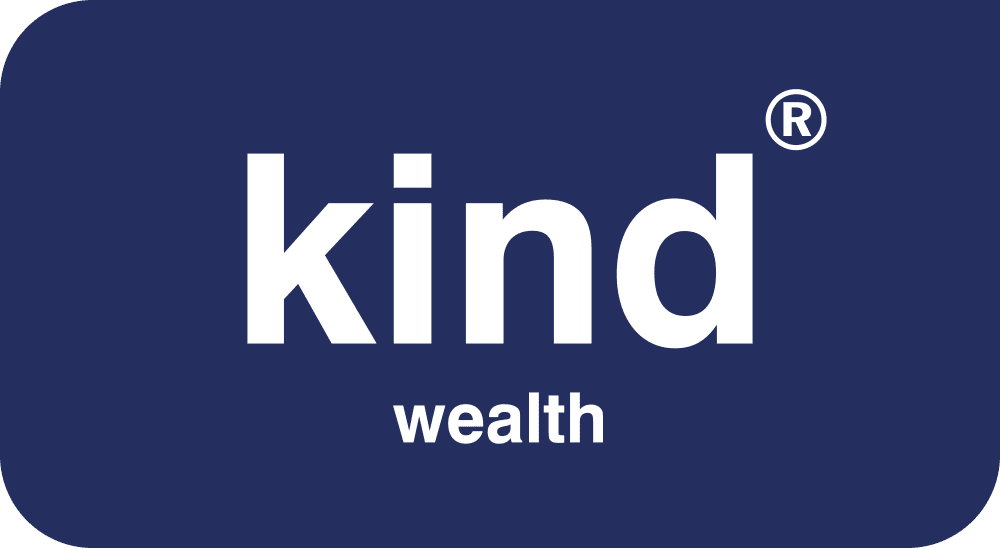How much can I pay into an ISA?
Due to the tax advantages of an ISA, there are limits of how much you can pay into ISAs in each tax year. For the tax year 2022/23, the contribution limit is £20,000 in total, across all of the ISAs you own. The tax year starts on the 6th April and finishes on the 5th April the following year. Some types of ISA have their own limits, which can be seen in the section ‘What types of ISA are there?’
Once a new tax year starts, you get a new ISA allowance. If you do not use all of your ISA allowance before the end of the tax year, you will lose it. You are unable to carry forward any unused ISA allowance from one year to the next.
Who can open an ISA?
To open an ISA, you need to:
Be 16 or older (18 for a stocks and shares ISA)*
Be a resident in the UK
Have a National Insurance Number
*Except for a Junior ISA (JISA)
What types of ISA are there?
There are two main types of ISA: a cash ISA and a stocks and shares ISA:
Cash ISA
A cash ISA is essentially the same as a traditional savings account, except you do not pay any tax when you earn interest.
Stocks and Shares ISA
This is an investment account, where all capital gains and income are protected from tax.
Other ISAs include:
Junior ISA (JISA)
An account for young people aged under 18. You can either have a cash JISA or a stocks and shares JISA. The limit for 2022/23 is £9,000 that can put paid into JISAs in total. This does not come out of the parents’ ISA allowance as each child has their own JISA allowance.
Lifetime ISA (LISA)
An ISA to help people buy their first home and/or save for retirement.
There are cash LISAs as well as stocks and shares LISAs:
You can invest up to £4,000 each year in a LISA and this comes out of your £20,000 ISA allowance.
The government pays a 25% bonus on the amount you save into a LISA, up to a maximum bonus of £1,000 each year.
You must be under 40 to open a LISA and can only pay into the account until you are 50 years old.
If you are not using your LISA to purchase your first property, you must wait until you are 60 to withdraw money.
How many ISAs can you have?
You can only pay into one cash ISA and one stocks and shares ISA each tax year.
However, you can pay into a new cash ISA and stocks and shares ISA every tax year, which can leave you with multiple ISA accounts.
Can you withdraw money from your ISA and put the money back later?
This depends on the terms and conditions of your ISA and whether it is a flexible ISA or not.
If your ISA is flexible:
You can withdraw money and pay it back in during the same tax year without it counting towards your ISA allowance.
You can also withdraw money you paid in during previous tax years, and you have until the end of the tax year to pay it back in.
For example, if you had £50,000 in an ISA from previous tax years and wanted to withdraw £10,000, you have until the 5 th April to pay the £10,000 back in, in addition to your ISA allowance for the current year.
If your ISA is not flexible:
Any money you try and pay back in will count towards your remaining ISA allowance.
Can you transfer an ISA?
Yes, you can move an ISA to a new provider. However, if you move your ISA by withdrawing money from your ISA, you will lose the ISA status. The transfer must go directly from your old ISA provider to your new ISA provider.
What happens to your ISA if you die?
Your spouse or civil partner can move your ISA into their name. This is known as an additional permitted subscription, and applies to both cash and stocks and shares ISAs. For example, if you have £150,000 saved in an ISA, your spouse or civil partner could inherit this amount and put it into an ISA in their name, in addition to their ISA allowance of £20,000.
The value of investments can fall as well as rise, you may get back less than you invested.
For ISA’s Investors do not pay any personal tax on income or gains, but ISAs may pay unrecoverable tax on income from stocks and shares received by the ISA managers.
Tax treatment varies according to individual circumstances and is subject to change.
Stocks and Shares ISAs invest in Corporate bonds; stocks and shares and other assets that fluctuate in value.
